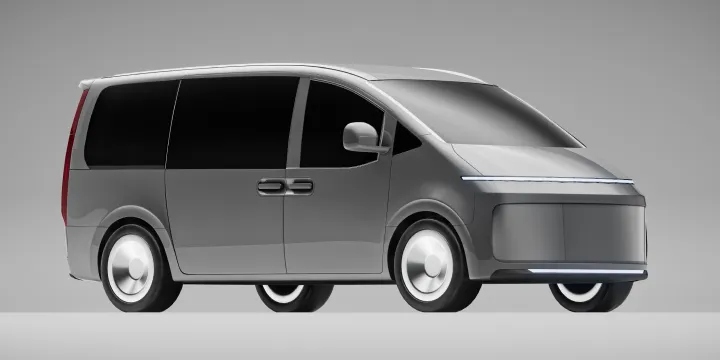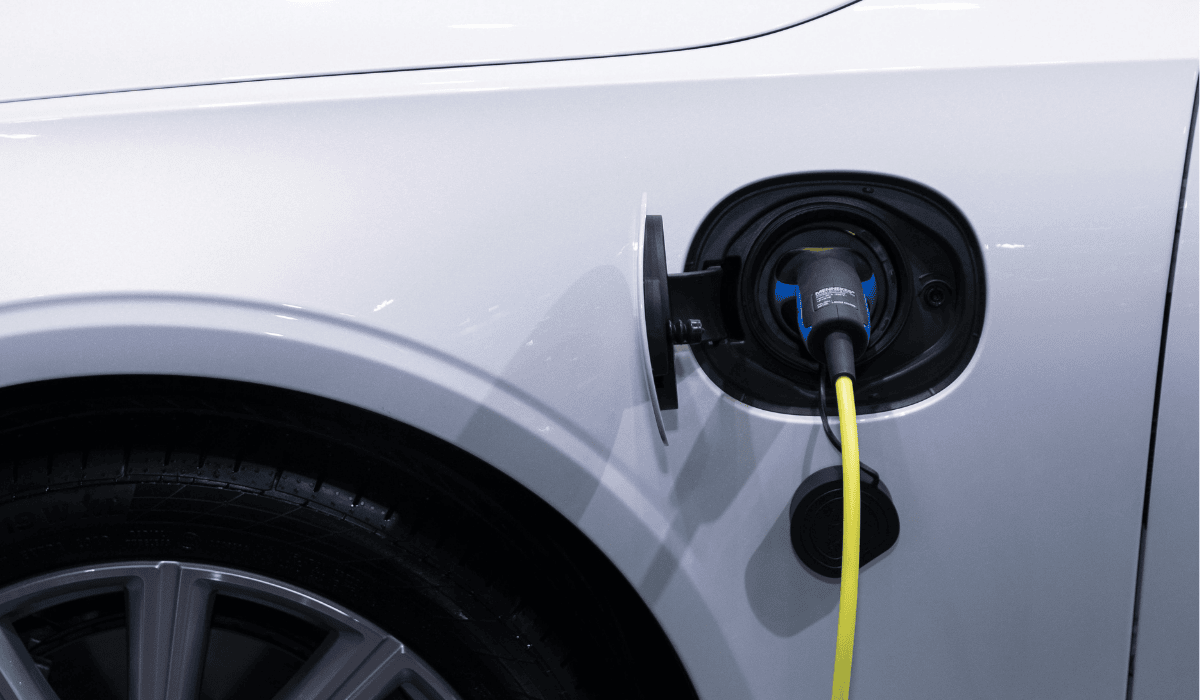What Is an Imported Car?
An imported car is a vehicle that was originally manufactured and sold in a different country, then brought into the UK. These cars are not always part of the manufacturer’s UK distribution network, meaning they weren’t officially sold here at the time of release.
In most cases, cars are imported from Japan, Europe, or the United States. While some come with UK-friendly specifications, others may need adjustments to meet British road safety and emissions standards.

Types of Imports: Grey vs. Parallel
There are two main types of imported vehicles:
Parallel Imports
These are cars bought from EU countries that match UK specs. They’re generally easier to insure, maintain, and register. Think of them as identical to UK cars but sourced from overseas dealerships.
Grey Imports
These cars come from countries with different regulations, like Japan or the US. They might have different safety features, emissions controls, or parts availability. While they can offer good value, they often come with higher insurance premiums and limited service support.

Advantages of Buying an Imported Car
One of the main reasons people buy imports is that it costs less. In many cases, especially with Japanese Domestic Market (JDM) cars, you can get more features and lower mileage for less money compared to the UK equivalent.
Another appeal is specification upgrades. Import models often come with features not available in UK versions, think heated seats, advanced infotainment systems, or better engine performance.
Finally, there’s the exclusivity factor. Driving a car that’s rare or unique in the UK market can be appealing for enthusiasts or those who want something that stands out.

Drawbacks of Buying an Imported Car
While the upfront price may be lower, imports can come with hidden long-term costs. Parts may be more expensive and harder to find, which means repairs can take longer and cost more.
Servicing is another concern. Not all garages have experience working on imported vehicles, and even basic maintenance tasks may be unfamiliar to local mechanics.
There’s also the issue of vehicle registration and compliance. Imported cars must meet UK Vehicle Certification Agency (VCA) standards. Some grey imports may require modification to pass MOT inspections or pay higher Vehicle Excise Duty (road tax).
This also makes it harder for finance companies like Ayan to safely buy these vehicles - and is one of the main reasons Ayan does not finance imported vehicles.

Are Imported Cars More Expensive to Insure?
Yes, in many cases, insurance premiums for imported cars are higher. That’s because:
- Parts availability is limited, increasing repair costs
- Repair times are longer, which raises the cost to insurers
- Car values can be harder to assess, making it riskier for underwriters
- Grey imports often have unfamiliar specs, affecting safety ratings and risk profiling
Before buying, always get a quote from your insurer using the car’s registration number or VIN. This can save you from a nasty surprise later.
.png)
Can You Finance an Imported Car in the UK?
Financing an imported car is possible, but not always straightforward. Mainstream lenders and dealers will likely be reluctant to offer finance for grey imports due to their unpredictable resale values and limited documentation.
However, there are some lenders out there who specialise in grey imports, such as, Castle Prestige Ltd, Pegasus Personal Finance, and Happy Motor Finance.
.png)
Conclusion: Is an Import Right for You?
Buying an imported car in the UK can be a smart move, but only if you go in with full awareness of the risks and responsibilities. While you might save money upfront or enjoy a better spec, you could face higher insurance costs, servicing headaches, or financing hurdles.
If you're considering financing an import, Ayan Capital can help you explore compliant, flexible, and tailored finance options, whether you're a first-time buyer or a PCO driver looking for something unique.








.svg)



.png)









